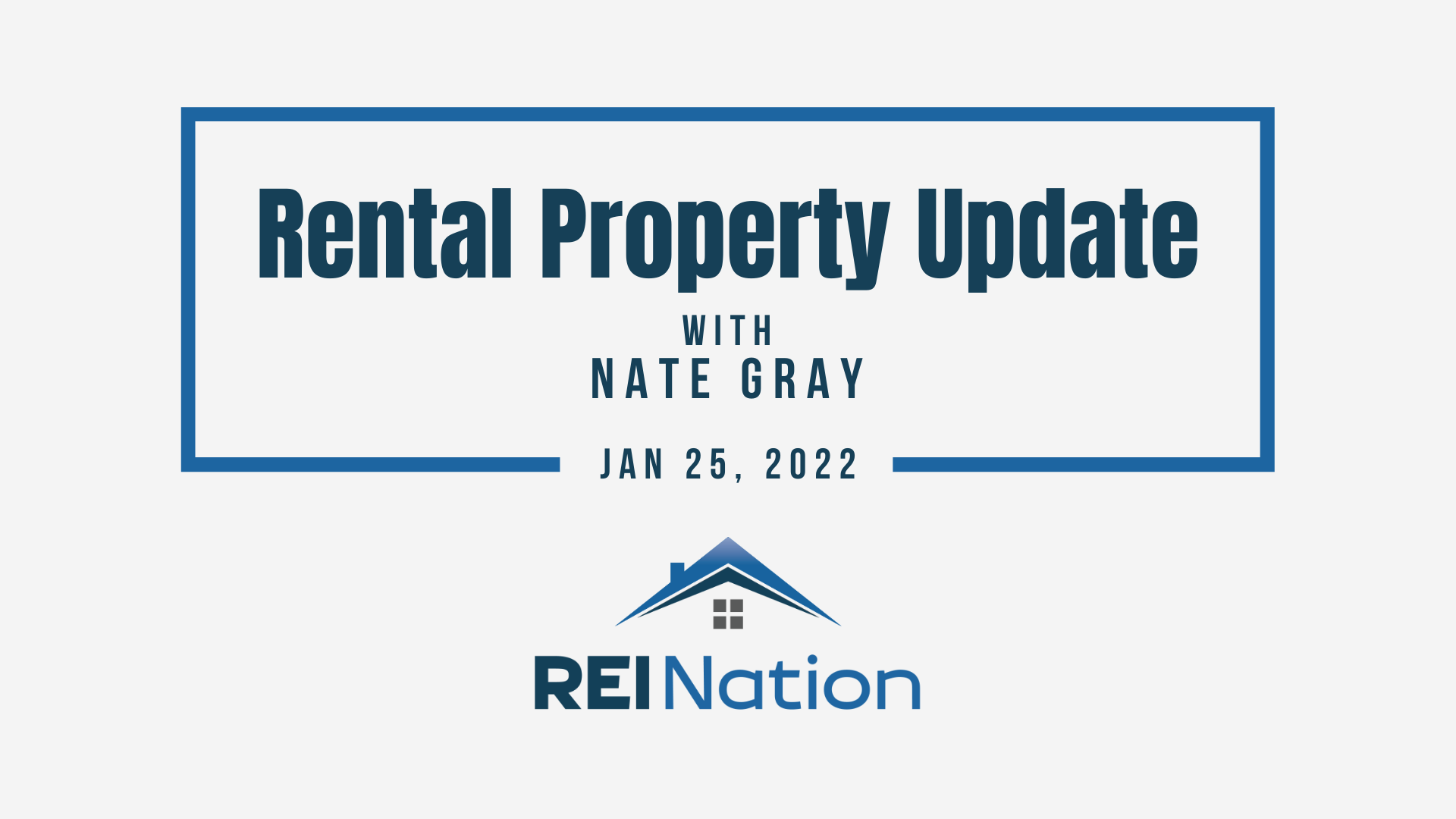 If you live in the United States, you’re feeling the pains of rising inflation. In December, U.S. inflation hit a rate of 7 percent for 2021 – the highest it’s been in forty years. You’ve likely felt its impact in your day-to-day life, from the gas pumps to the grocery stores.
If you live in the United States, you’re feeling the pains of rising inflation. In December, U.S. inflation hit a rate of 7 percent for 2021 – the highest it’s been in forty years. You’ve likely felt its impact in your day-to-day life, from the gas pumps to the grocery stores.
Not only are the prices of consumer goods on the rise, but salaries and wages aren’t growing to compensate for the added expenses. This puts undue strain on families as they’re left with less money for savings and discretionary spending.
Of course, we’ve also seen home values rise across the board as well – even before U.S. inflation became a talking point.
Real estate investors must consider what inflation means for the future of their real estate investments and carefully strategize to craft thriving, lasting investment portfolios.
4 Inflation Considerations for Real Estate Investors
1. The Impact on Your Residents
While many of us will have the careers and income to make inflation mere inconvenience, that’s not the case for many working-class Americans. Inflation is causing real financial burdens, particularly on those with few savings or assets. For the investor, this means considering who you’re renting your properties to. Whoever vets your residents – whether you or a property management team – needs to prioritize their financial stability.
While owners must be compassionate and somewhat accommodating in these unprecedented, stressful times, it’s far better to retain residents with a history of fiscal responsibility (their credit score is a good indicator). Of course, circumstances can change. While you want to maximize your bottom line, sometimes a little leniency for a great resident in a financial bind benefits your cash flow in the long run.
2. Your Property Values
Real estate is considered such a worthwhile investment largely because it hedges against inflation. In our current circumstances, owning real estate put your in a highly advantageous situation. What a hedge against inflation means, in this situation, is that your properties will grow in value during inflation. Don’t take this for granted. Inflation eats into the value of your money and diminishes buying power. Real estate helps you retain that power not just now, but for years to come.
Inflation doesn’t just push your property prices up, either. Rental rates go up, too!
3. Budgeting Adjustments
Of course, real estate investors will not be untouched by inflation. While owning property already helps ease the burden, aiming to buy a new property can be a bit tricky. With property prices so high, interest rates likely to increase to counter inflation, and the rising costs of goods and services, it’s going to take more to invest in real estate.
Revisit your budget and consider how your costs (as an investor and as a person living in a consumerist world) are impacting your ability to save and acquire new investments.
If you want to acquire properties on schedule with your portfolio plans, you’ll need to compensate for your increasing cost of living and the increasing asking price for properties. While this does raise the barrier to entry for new investors, those already earning passive income from existing investments will be better equipped for growth.
4. Where to Invest
Here’s the good news: you aren’t totally stuck. Passive real estate investing has one big advantage that sets it apart from other investments, including other real estate options. Passive investors can invest anywhere. You are not bound to your local market, Wall Street, or a metropolitan investment firm.
The key is this: the cost of living varies across regions and markets. What is expensive in a secondary market in the U.S. south, for example, may be considered cheap by west coast standards. It’s smart to target growing but more affordable real estate markets.
We’re always told not to go after cheap properties, but there’s an important differentiation to make. “Cheap” has no set monetary value. It has much more to do with quality and desirability than a dollar amount. Because of this, you can invest in mid-range investment properties in a market where real estate seems cheap relative to your income and local market.
Now, more than ever, be intentional and strategic about where you invest. You’ll be able to get the most for your money, diversify and scale more quickly, and generate multiple streams of cash flow (along with the benefits of owning real estate) – even in the middle of record-breaking inflation.
Take advantage of the greatest defense against inflation – investing in real estate with REI Nation!












